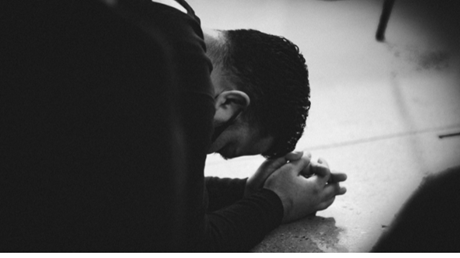Church Discipline Does a Body Good

In Part 1, the practice of church discipline was grounded in God's character and work as the Good Shepherd and how it informs church discipline. Part 2 considered the ultimate goal of church discipline: to redeem and restore the person to the church body. But when the person continues in rebellion, denial, or other ways that contradict the faith, church discipline offers a way to protect the church while still holding forth the hope of repentance.
The Pattern of Church Discipline
One of the most misunderstood, abused, and even unused passages in the New Testament is Matthew 18:15–20. This passage isn't about confronting people who irritate you, or who don't do what you want, or who may have done or said something that offended you. This passage is about a brother or sister who sins against another. This sin could be of omission or commission. Nevertheless, it is about confronting those who engage in wrongdoing—those who live contrary to our all-perfect and all-holy God.
Suppose there is noticeable, identifiable, and public sin. In this case, a brother or sister is to go to the individual and point out the fault—where their life isn't following Christ. Jesus then says, "If they listen to you, you have won them over." However, if they ignore your rebuke, "take one or two others along," establishing the testimony of two or three witnesses" (18:16).
Again, suppose the person, in persistent sin, doesn't listen to the two or three believer’s admonishment to repent of their sin and thus has a hardened heart. In this case, the small confronting body is to share it with the larger body, the church. If the public acknowledgment of this person's sin doesn't soften ...
from Christianity Today Magazine https://ift.tt/3tKcP3h
No comments:
Post a Comment